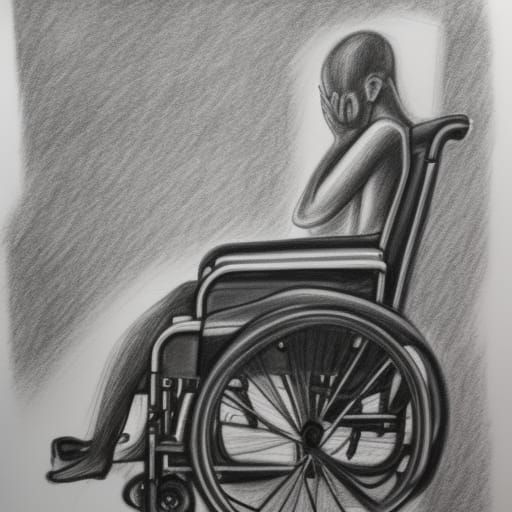Substance Abuse and Disability Claims: Why it's More Complicated Than You Think
Mental health disorders are a common reason why individuals seek Social Security Disability benefits.
Mental health disorders are a common reason why individuals seek Social Security Disability benefits. Unfortunately, these claims can be challenging to win due to the difficulty of obtaining objective medical evidence to support the diagnosis.
Unlike many physical impairments, mental health disorders do not always have clear-cut diagnostic tests, and symptoms can be subjective and difficult to quantify. Furthermore, mental health issues can be stigmatized, making it harder for claimants to get the support they need.
The Social Security Administration (SSA) recognizes a range of mental health disorders as potential grounds for disability claims. These include mood disorders such as depression and bipolar disorder, anxiety disorders, schizophrenia, and personality disorders. To qualify for benefits, claimants must demonstrate that their mental health impairment(s) are severe enough to prevent them from working and earning a substantial income.
One of the biggest hurdles in mental health disability claims is the lack of objective medical findings. In many cases, medical providers must rely on subjective information, such as the patient's self-report of symptoms, to make a diagnosis. However, the SSA requires objective medical evidence to support the diagnosis of a mental health disorder. This includes medical records, psychological testing, and statements from treating medical providers.
The SSA evaluates mental health disorders using the same five-step sequential evaluation process that it uses for physical impairments. This process considers whether the claimant is engaging in substantial gainful activity, the severity of the impairment, whether the claimant can perform past relevant work, and whether there are other jobs in the national economy that the claimant can perform.
However, mental health disorders can be more difficult to evaluate than physical impairments because there may not be objective medical evidence that shows the severity of the impairment. The SSA still requires objective medical evidence to support the existence of a mental health disorder, but this evidence may come from a variety of sources, such as treating physicians, psychologists, or other mental health professionals.
In cases where a claimant has both a mental health impairment and substance abuse disorder, it can be even more difficult to win a Social Security disability claim. The presence of substance abuse can complicate the evaluation of the mental health impairment, as it must be determined whether the substance abuse is a material element of the impairment. If it is deemed to be a material element, the claim may be denied. This highlights the importance of obtaining appropriate treatment for substance abuse disorders in addition to addressing the mental health impairment in a disability claim.
In conclusion, mental health disorders can be challenging to prove in Social Security Disability claims due to the lack of objective medical evidence. However, it is still possible to win these claims with the help of experienced attorneys who understand the requirements and can provide persuasive evidence. Individuals who are struggling with mental health disorders and considering a disability claim should seek the guidance of a reputable law firm that has experience in this area. The di Lorenzo and Wilcox Law Firm, located in S.E. Georgia, is dedicated to helping individuals with disabilities navigate the complex process of a Social Security Disability claim. They serve various cities in the area, including Savannah, Brunswick, Waycross, and St. Marys, and provide compassionate and knowledgeable legal representation to their clients. With their expertise and support, individuals can increase their chances of obtaining the benefits they need to support themselves and their families.







Contact Information
147 Juniper Court Brunswick, GA 31520
Fax: (912) 264-0444
Proud Member of




